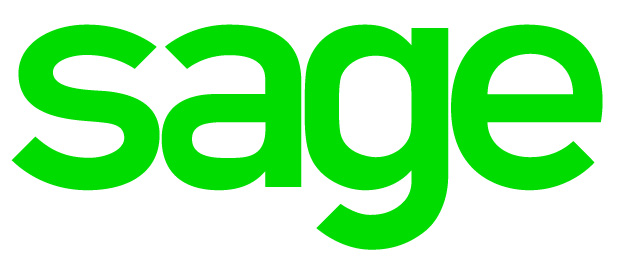When trivial can be significant
The following extracts from HMRC’s website explain how certain benefits to employees can be tax-free. Surprisingly, HMRC describe these as “trivial” benefits.
You don’t have to pay tax on a benefit for your employee if all of the following apply:
- it cost you £50 or less to provide
- it isn’t cash or a cash voucher
- it isn’t a reward for their work or performance
- it isn’t in the terms of their contract
This is known as a ‘trivial benefit’. You don’t need to pay tax or National Insurance or let HMRC know.
You have to pay tax on any benefits that don’t meet all these criteria.
Salary sacrifice arrangements
If you provide trivial benefits as part of a salary sacrifice arrangement they won’t be exempt. You’ll need to report on form P11D whichever amount is higher:
- the salary given up
- how much you paid for the trivial benefits
These rules don’t apply to arrangements made before 6 April 2017 – check when the rules will change.
Directors of ‘close’ companies
You can’t receive trivial benefits worth more than £300 in a tax year if you’re the director of a ‘close’ company.
A close company is a limited company that’s run by 5 or fewer shareholders.
So, if you keep to HMRC’s trivial benefit rules, these payments may help you to spread a little festive cheer this Christmas. Goodness knows, we could all do with some of that.
Latest News
- More regulation for trader recommendation sites - July 23, 2024
- Back to work plan - July 22, 2024
- How will Rachel Reeves change UK taxation? - July 18, 2024
- Government is using AI - July 16, 2024
- Remember to pay your Class 1A NIC - July 11, 2024
- Beware business rates appeals deadlines - July 9, 2024
- Tax Diary July/August 2024 - July 5, 2024
- Filing your tax return early - July 5, 2024






